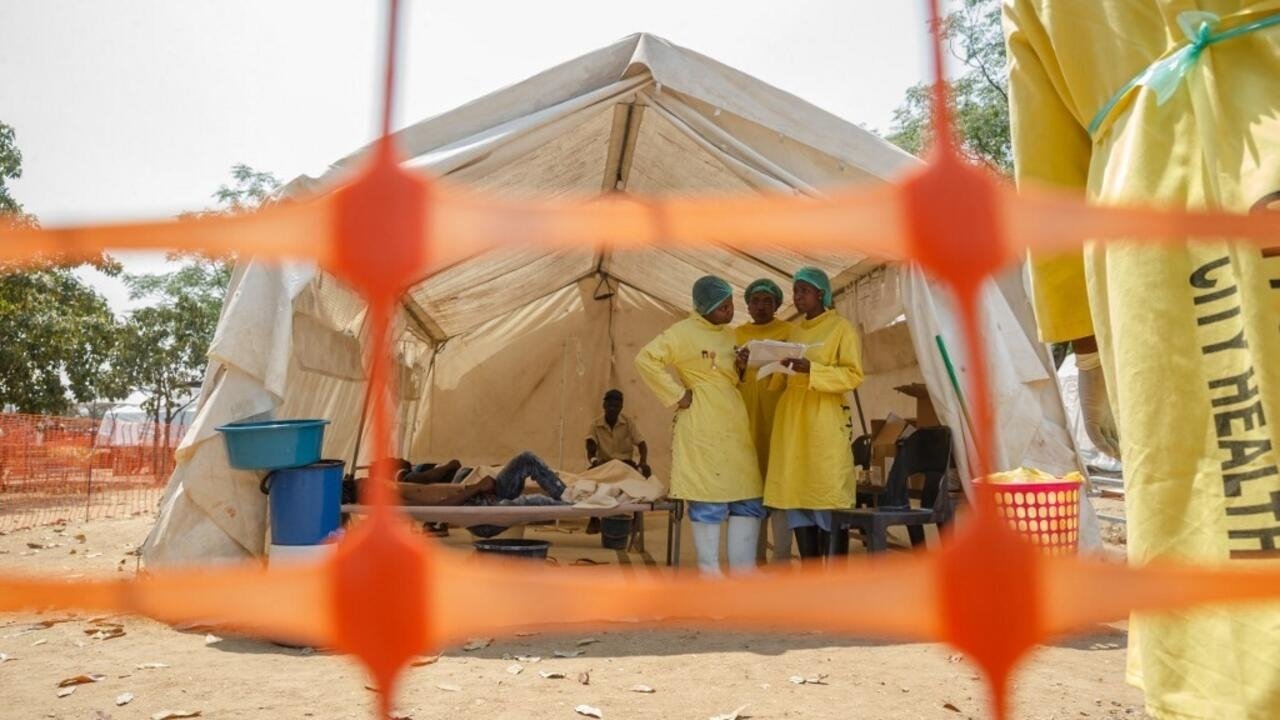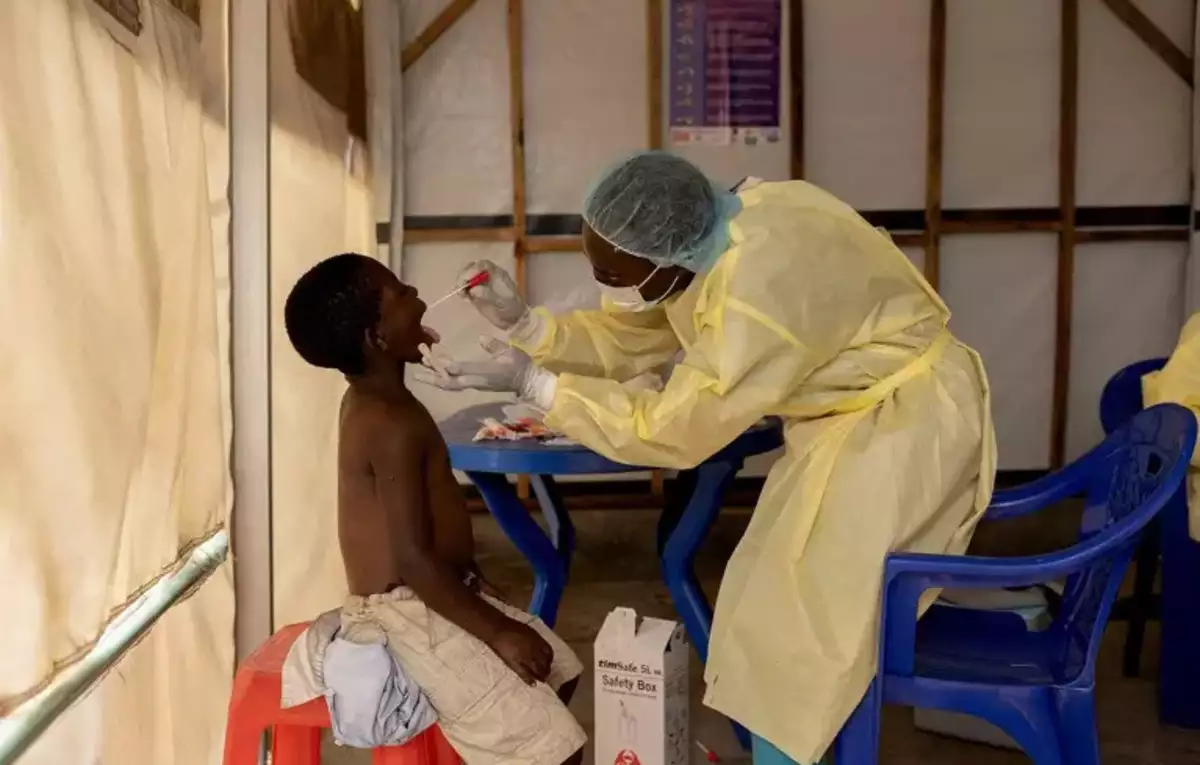The Zimbabwean government has initiated restrictions on public gatherings and food vending, as well as intensified monitoring of burials in areas affected by a spike in cholera cases. The country witnessed a threefold increase in new cholera cases this week, rising from 437 to 1,259, marking the largest surge since the latest outbreak began in February.
The escalating cholera cases have raised concerns in Zimbabwe, which experienced a devastating cholera outbreak in 2008 that claimed over 4,000 lives. The health ministry reports a total of 155 deaths linked to cholera out of 8,787 cases. Last week, a state of emergency was declared in the capital, Harare, which has recorded the highest number of new infections.
Residents in Harare’s Kuwadzana suburb, where seven of the 13 cholera deaths in the capital occurred, have raised complaints about inconsistent clean water supplies, uncollected garbage, and raw sewage flowing in the streets. The situation has prompted some residents to dig shallow wells, but even water from boreholes is becoming contaminated.
Health workers emphasize the importance of clean water in treating cholera cases and preventing further infections. Authorities are distributing water treatment tablets to residents, and efforts are underway to address the water shortage and maintain hygiene practices.
The recent surge in cholera cases underscores the need for swift and effective public health measures to contain the outbreak and prevent further fatalities.



